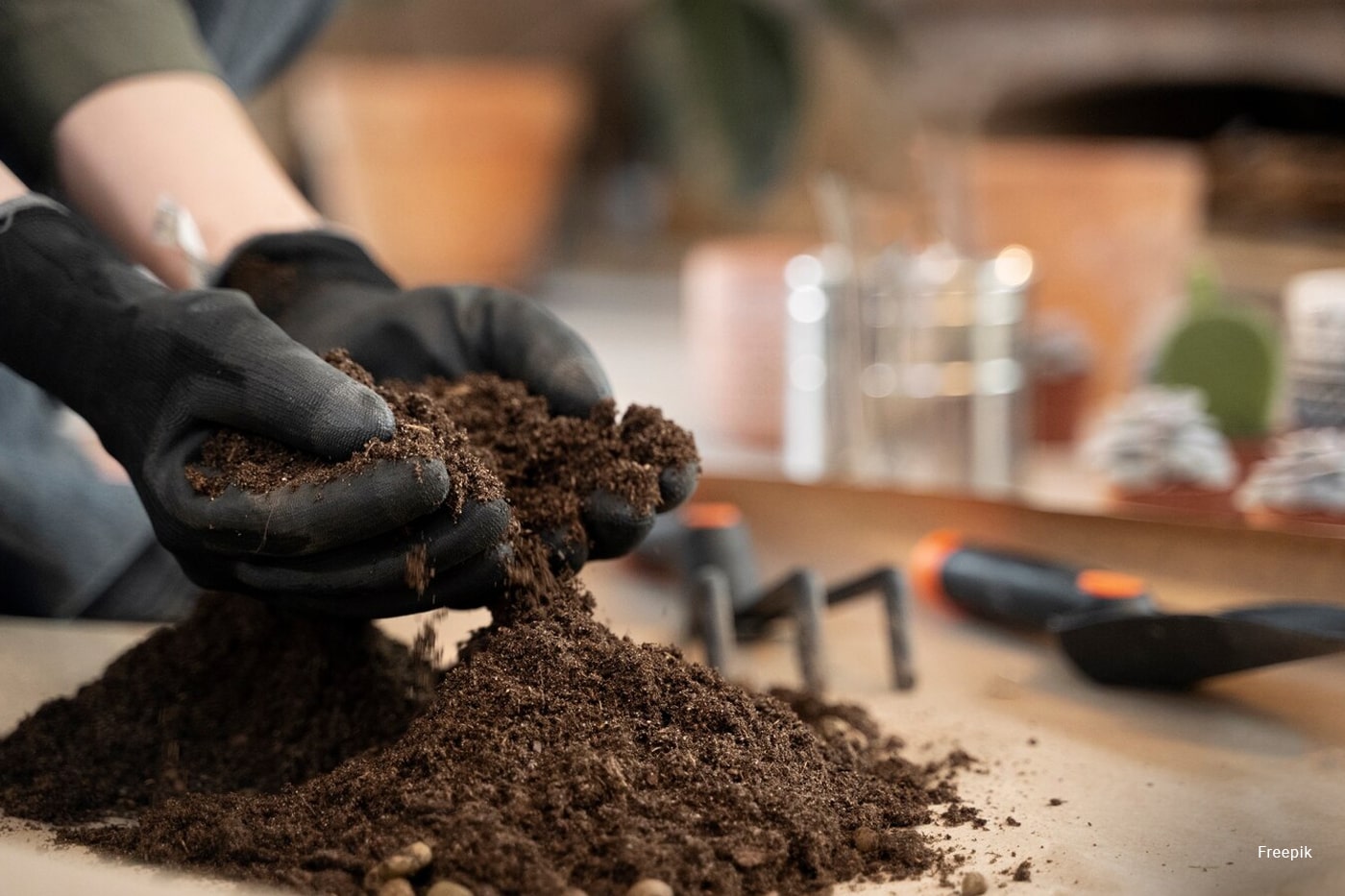Healthy soil is the foundation of a thriving garden. Without the right balance of nutrients, even the best gardening techniques can fall short. Soil testing and enhancement are key steps in understanding your garden’s needs and providing the necessary nutrients to boost plant health naturally.
Contents []
Why Soil Testing Matters

Soil testing helps you uncover the exact condition of your soil, including its pH, nutrient levels, and organic matter content. This information is vital for selecting the right plants and amending the soil to ensure optimal growth.
To give your garden the nutrients it needs, start with soil testing. This process helps you understand the pH and nutrient levels of your soil, which is crucial for optimal plant growth. It is recommended to test your soil every 3 to 5 years. You can take soil samples at any time, but doing so in the spring or fall is often ideal. Once you have your soil test results, you can amend your soil with the necessary fertilizers and organic matter to enhance its nutrient content, promoting healthier plant growth.
How to Test Your Soil
- DIY Soil Test Kits: Affordable and simple, these kits measure basic metrics like pH and nutrient levels.
- Professional Soil Testing Services: For a detailed analysis, send samples to a lab for a comprehensive breakdown of your soil’s composition.
- Observation: Look for signs like poor plant growth, discoloration, or compacted soil, which can indicate underlying issues.
Understanding Soil Components
- pH Levels: Most plants thrive in soil with a pH between 6.0 and 7.0. Testing helps you adjust pH to suit your plants.
- Nutrients: Key nutrients include nitrogen (for growth), phosphorus (for roots and flowers), and potassium (for overall health).
- Organic Matter: Compost and humus improve soil structure and nutrient availability.
How to Enhance Your Soil
-
Adjust pH:
- For acidic soil, add lime.
- For alkaline soil, use sulfur or organic matter like pine needles.
-
Amend with Organic Materials:
- Compost: Boosts nutrients and improves soil texture.
- Manure: Adds nitrogen and organic matter.
- Mulch: Retains moisture and prevents weed growth.
-
Add Natural Fertilizers:
- Bone meal for phosphorus.
- Wood ash for potassium.
- Blood meal or alfalfa meal for nitrogen.
-
Improve Soil Drainage:
- Incorporate sand, perlite, or organic matter to prevent waterlogging.
-
Encourage Soil Microbes:
- Use compost tea or organic soil amendments to promote beneficial microbial activity.
Natural Soil Boosting Tips
- Rotate crops to prevent nutrient depletion.
- Plant cover crops, like clover, to naturally enrich the soil.
- Avoid over-tilling, which can disrupt soil structure and beneficial organisms.
Regular Maintenance for Healthy Soil
Soil testing and enhancement aren’t one-time tasks. Regularly check your soil’s condition, especially between growing seasons. Adjust and amend as needed to maintain fertility and health.
What are the best soil amendments for my garden?

The best soil amendments depend on your soil’s current condition and the specific plants you wish to grow. Here are some common soil amendments that can enhance soil structure and provide essential nutrients:
- Humic Acid: Humic acid soil amendments enhance soil structure by improving nutrient availability and promoting root growth. These amendments also increase the soil’s ability to retain moisture and facilitate biological activity, creating a healthier environment for plants.
- Seaweed Extract: Seaweed extract can enhance soil structure by improving its physico-chemical properties and fostering microbial activity. The incorporation of seaweed extracts into the soil can lead to better water retention, increased aeration, and improved nutrient availability, which collectively contribute to a healthier soil environment.
- Compost: Rich in organic matter, compost improves soil structure, moisture retention, and nutrient content.
- Aged Manure: Provides a balanced mix of nutrients and improves soil aeration and drainage. Ensure it is well-aged to avoid burning plants.
- Peat Moss: Great for improving soil structure and moisture retention, especially in sandy soils. However, use it sparingly due to its environmental impact.
- Bone Meal: A good source of phosphorus, bone meal promotes root development and flowering.
- Blood Meal: High in nitrogen, it helps promote leafy growth. Use it with caution, as it can burn plants if over-applied.
- Greensand: Provides potassium and iron while improving soil texture and moisture retention.
- Gypsum: Helps improve clay soils by breaking up compaction and enhancing drainage.
- Lime: Raises soil pH, is important for nutrient availability in acidic soils.
- Sulfur: Lowers soil pH for alkaline soils and can improve nutrient absorption.
Tips for Amending Soil:
- Test Your Soil: Always conduct a soil test first to understand what your soil may need.
- Apply Amendments Properly: Follow recommended application rates to avoid nutrient imbalances.
- Mix Thoroughly: Incorporate amendments well into the soil for even nutrient distribution.
- Timing: Amend the soil before planting, but some amendments, like compost, can also be added during the growing season.
By tailoring your approach to the specific needs of your garden, you’ll create a healthier environment for your plants.
The Key to a Thriving Garden
Healthy soil means healthy plants. By understanding your soil’s needs through testing and enhancement, you can create a nutrient-rich environment that supports robust growth, abundant harvests, and a garden that flourishes naturally. With a little care and attention, your soil will work harder and smarter to give you the garden of your dreams.



